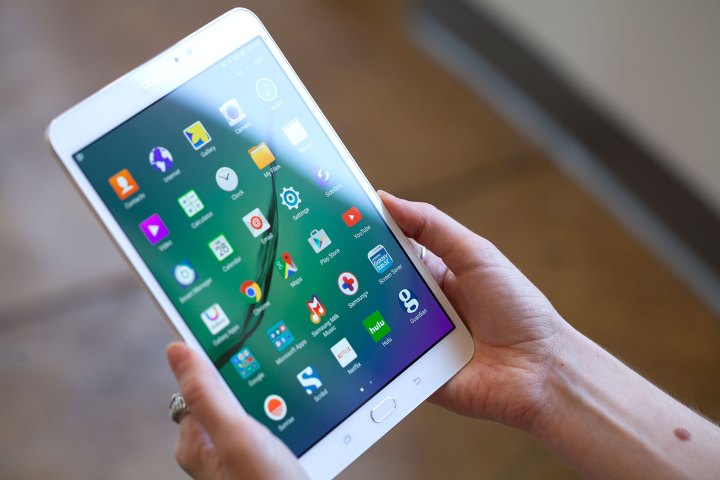

This isn’t the first time that the companies have joined forces to build high-security tablets. Last year, the two companies, with IBM’s help, introduced a modified version of the Galaxy Tab S 10.5, which was also aimed at being highly secure. The device was called the SecuTablet, and came at a very pricey $2,380. It’s not yet known exactly how much the new device, along with its security features, will cost. It’s also not known what kind of a deal BlackBerry has with the German government.
The new device will be a modified Samsung Galaxy Tab S2, and will include a security card. It will also boast encryption and certification software — BlackBerry’s Secusmart — which basically locks information stored on the SecuTablet, according to BlackBerry. Samsung will also be loading the device up with Knox, it’s own security software.
BlackBerry has been struggling to find its feet in the past few years, and even resorted to doing away with its own operating system in favor of Android for its last two handsets. It has long been expected that the company would close its mobile handset division altogether, but it has so far declined to do so. Perhaps success in the security industry will help convince the company that it can find a niche in another market. Either that, or the money it makes in the security industry will be used to build more phones.



